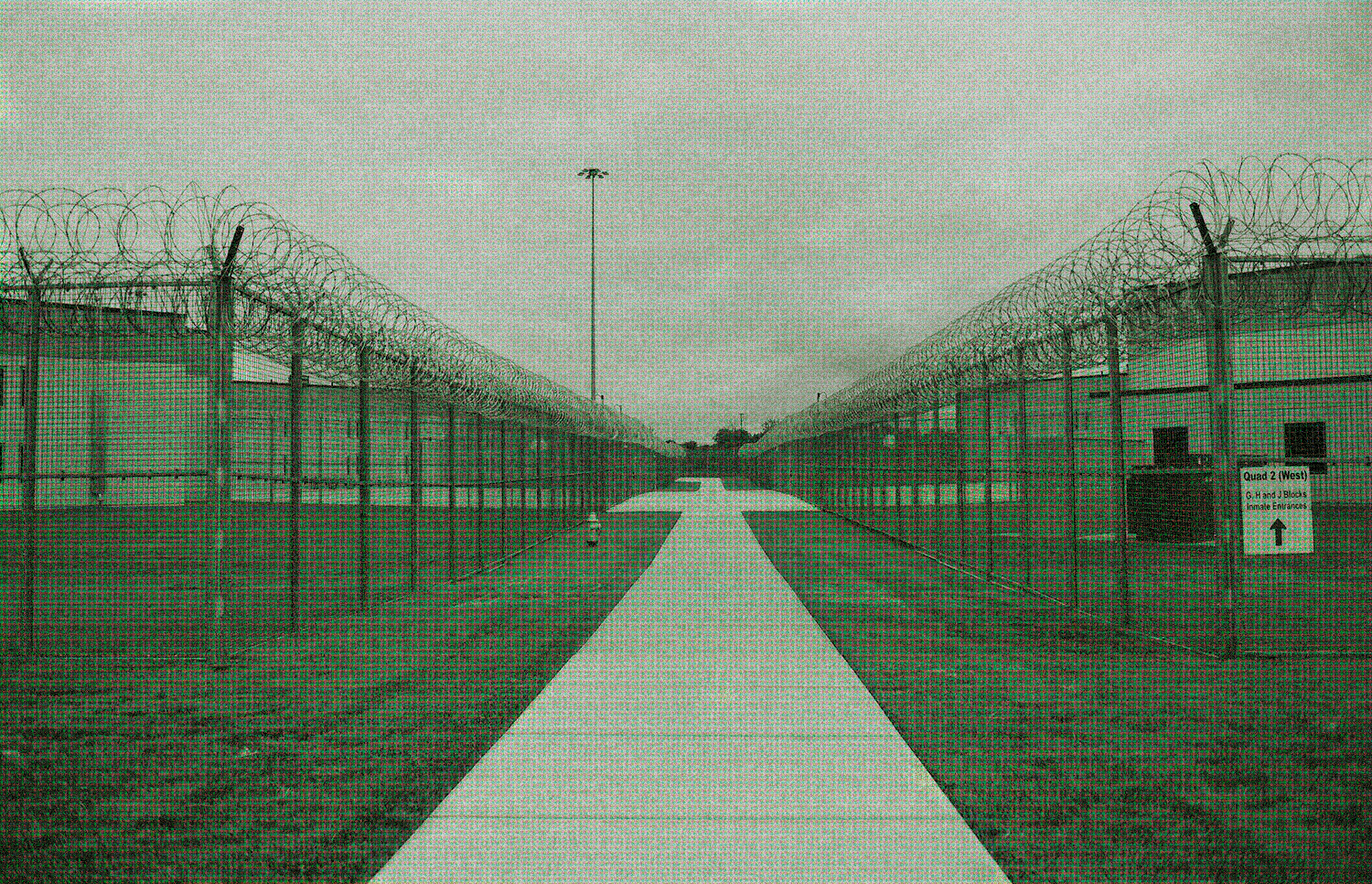
When Floyd Wilson first learned of the term “prison gerrymandering,” he’d already been incarcerated for more than 35 years. He was taking a college seminar in a prison in Graterford, Pennsylvania—the fourth of five correctional facilities he’s lived in over the decades.
Wilson grew up in Southwest Philadelphia and was sentenced to life in prison in 1976 as a juvenile for first degree murder. In every U.S. census that’s taken place since his conviction, he learned that day in class, he’s been counted not as a Philadelphian but as a resident of the county where he was then imprisoned, nearly all of which have been in rural areas hours away from his family. The practice, known as prison gerrymandering, boosts the population of regions hosting large prisons and impacts the drawing of states’ district lines. That in turn distorts political representation by redirecting power from more diverse, urban areas towards whiter, rural ones.










